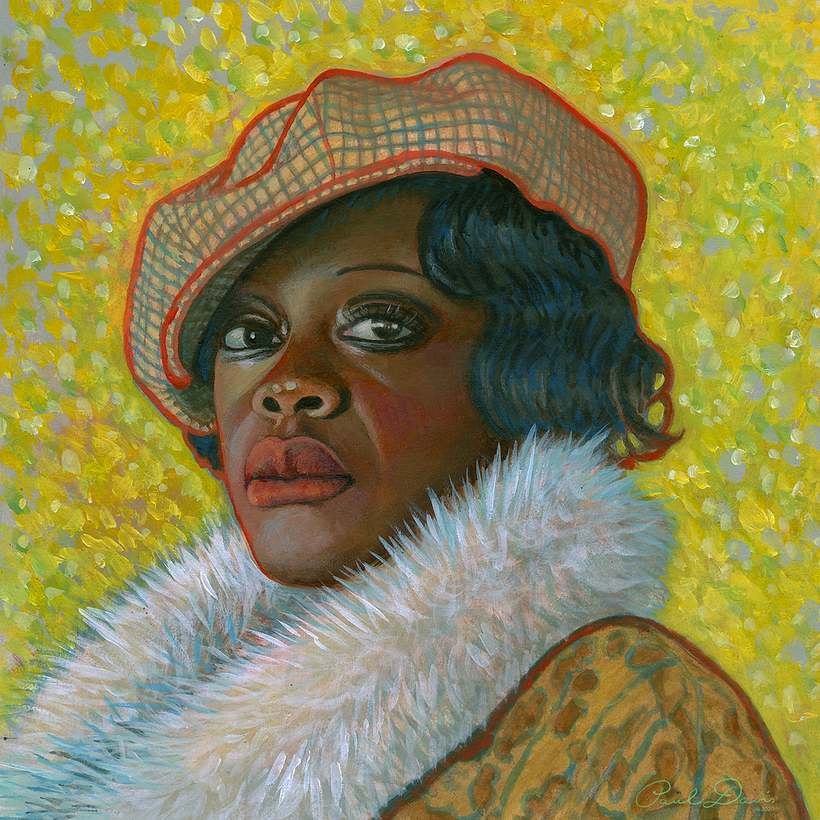When August Wilson’s Ma Rainey’s Black Bottom opened on Broadway in 1984, there hadn’t been a Black play on the Rialto since Lorraine Hansberry’s A Raisin in the Sun in 1959. Wilson had never read Hansberry; in fact, he’d never read any of the great American playwrights, to whom his name would be added for his majestic “Century Cycle”—10 plays that chronicled the shifting experience of Black Americans in every decade of the 20th century. (Wilson died at 60 in 2005.)
“It took me eight years to find my voice as a poet,” he told me. “I read so much, I didn’t know who was me. So when I started writing plays in 1978, I didn’t want to spend eight years to find my voice as a playwright.” He added: “I’ll just feel my way through it.”


